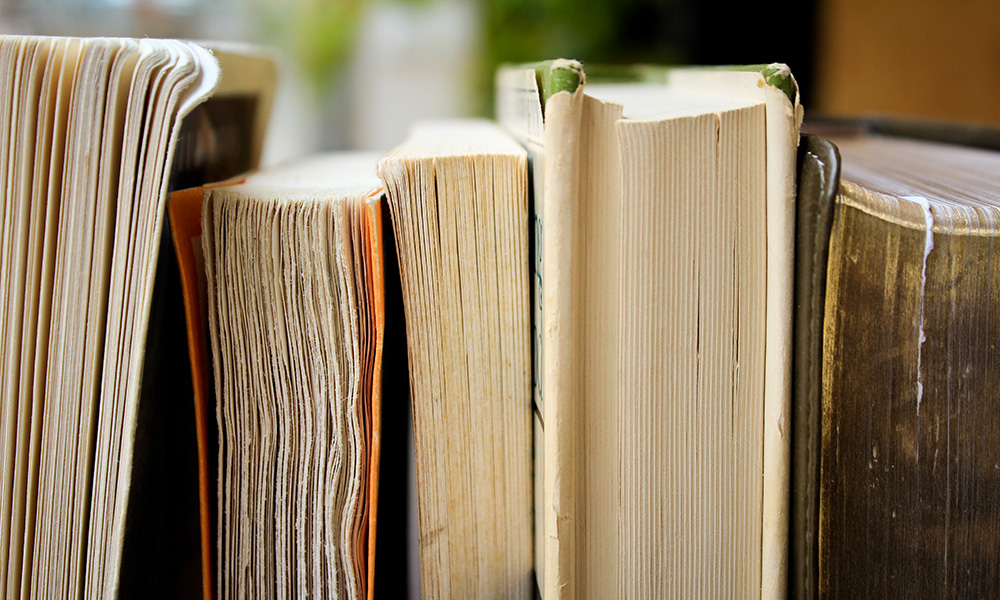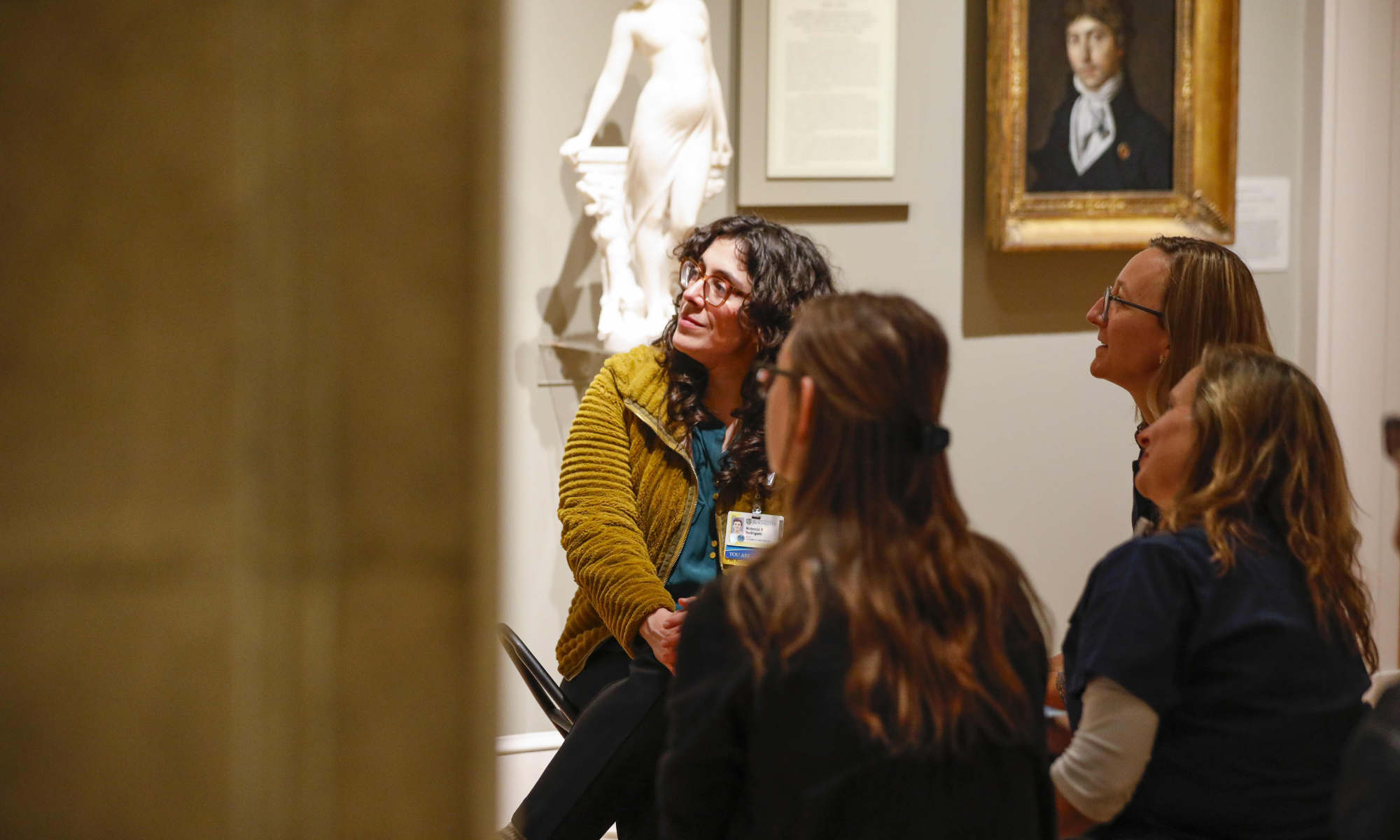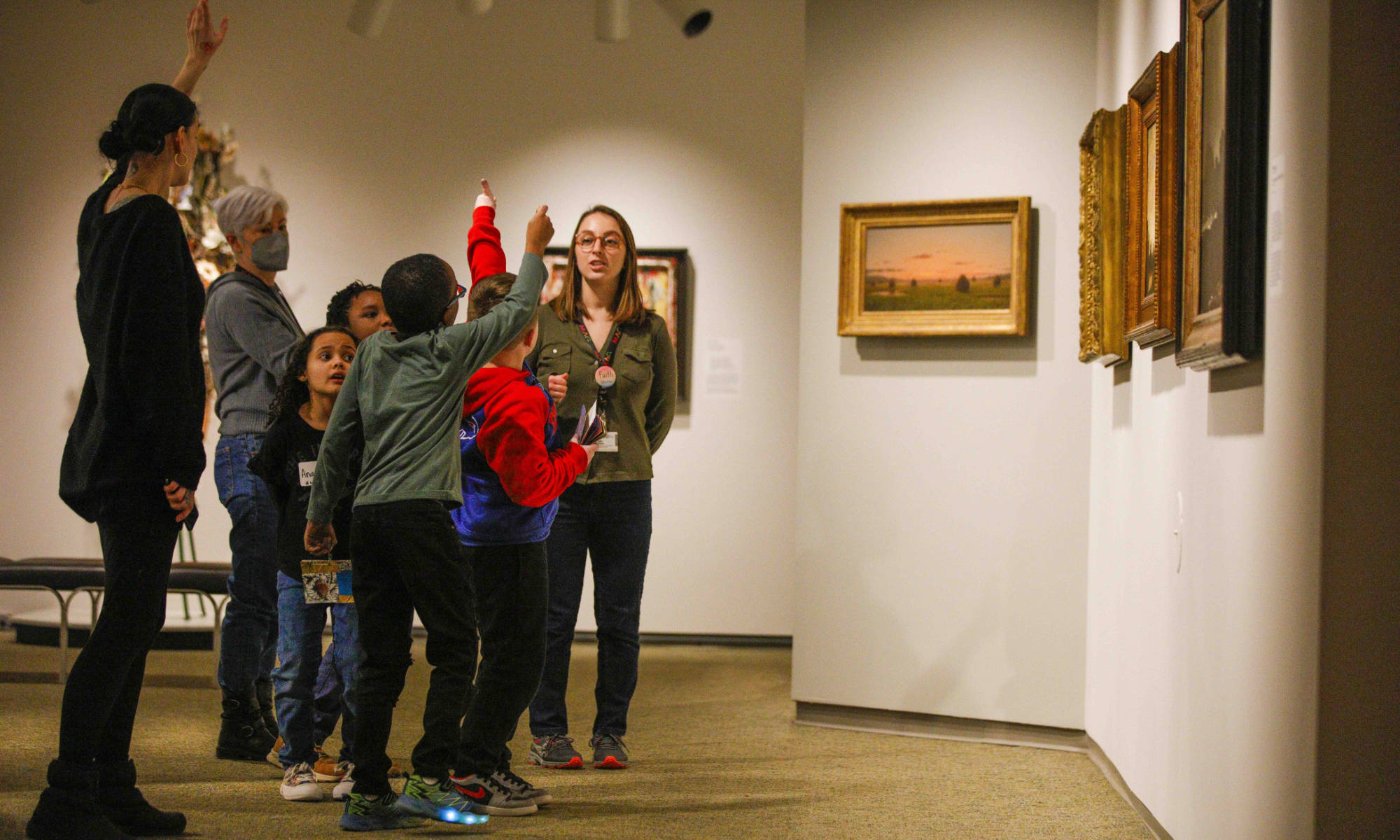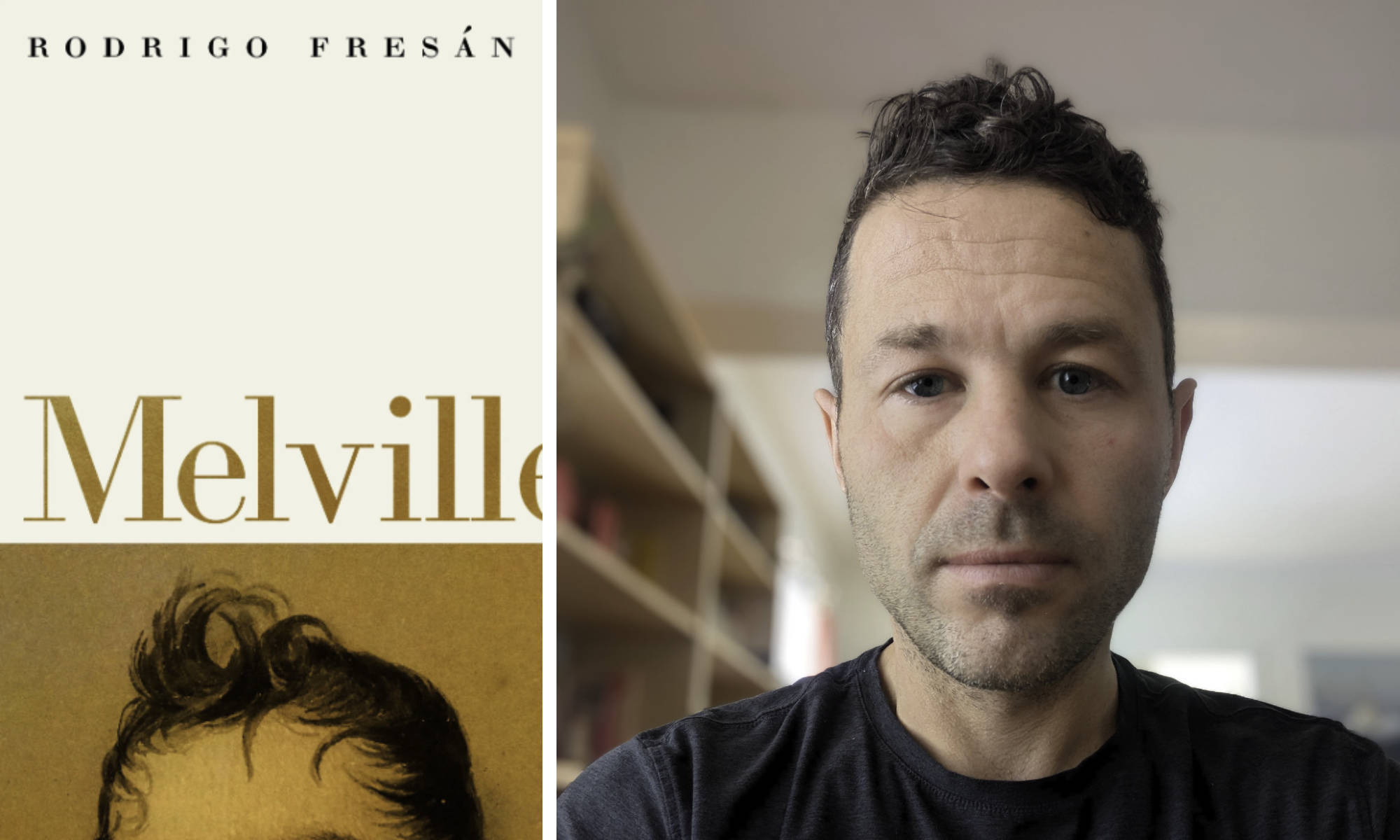On the syllabus
ENG 380: Nobel Prize Literature
Professor: Bette London, professor of English
Required Texts (for fall 2020)
José Saramago, Blindness
Gabriel García Márquez, One Hundred Years of Solitude
Toni Morrison, Beloved
Orhan Pamuk, My Name Is Red
J. M. Coetzee, Disgrace
Additional books are selected by the class. London says students are quick to note the paucity of women winners and typically choose to add at least one woman writer to the syllabus. This fall, students chose Polish poet Wislawa Szymborska, who won the Nobel Prize in 1996.
Contextual readings include
Jill Lepore, “What Our Contagion Fables Are Really About,” The New Yorker, March 30, 2020
Selections from James F. English, The Economy of Prestige: Prizes, Awards, and the Circulation of Cultural Value (Harvard UP, 2005)
Trudier Harris, “Toni Morrison: Solo Flight through Literature into History,” World Literature Today 68:1 (Winter 1994)
Erdağ Göknar, “My Name is Re(a)d: Authoring Translation, Translating Authority,” Translation Review 68:1 (2012)
Key questions for students
How does the prize change writers’ lives and literary reputations?
What role does the prize play in creating and promoting international literature?
How can literature speak to both local and global audiences?
What is the nature of literary prizes, and what impulses govern their administration?
When American poet Louise Glück received the Nobel Prize in Literature for 2020, she expressed astonishment—and even a note of ambivalence. As she told the New York Times, it “seemed to be extremely unlikely that I would ever have this particular event to deal with in my life.”
The complexities of the prize are nothing new to Bette London, a professor of English at the University of Rochester. In fact, they’re the basis of a course she’s created—ENG 380: Nobel Prize Literature—as well as the subject of her current research.
London has taught the course for 11 years, introducing it when Rochester launched its programs in literary translation. “I thought it would be an excellent way to introduce students to outstanding but often unfamiliar literature from around the world, but I was also interested in the politics of prizes and the institutional structures that support them,” she says.
The literature prize’s suspension in 2018—in response to the Swedish Academy’s handling of sexual abuse allegations—was only the latest incident in a long history of controversy surrounding the prize. Some of the debates over prize winners involve friction between ideas of national literature and what London calls the “potentially homogenizing concept of international literature.”
Less than 5 percent of the literature published in the United States each year is literature in translation—and for many US readers, Nobel Prize–winning authors provide their primary exposure to literature from around the world. “The Nobel Prize, with its visibility and prestige, is one of the major ways that international literature gets publicized and made available to large audiences that might not otherwise read it,” she says.
The prize’s renown belies its conceptual unwieldiness. It’s unlimited by nation, genre, language, or year of publication. In his will, Alfred Nobel stipulated only that the award should go to the author who has “bestowed the greatest benefit on mankind” and created “the most outstanding work of an idealistic tendency.” As often as not, the prize functions as a kind of lifetime achievement award, says London, a specialist in 19th- and 20th-century British literature whose research and teaching is oriented toward issues of authorship.
The capaciousness of the Nobel Prize in Literature is part of what makes it, like the Nobel Peace Prize, sometimes a source of contention. There’s a kind of public investment in both the literature and the peace prizes, and the accessibility of the accomplishments they recognize—in contrast to physics research, for example—can add to popular second-guessing of the academy’s selections.
London helps her students look at the Nobel Prize in Literature with a critical eye, considering how winning writers’ works are viewed in their own country versus the authors’ international reputations; what sorts of writers are chosen for the award and those who are never considered; and how to assess works that a reader might be able to read only in translation.
The sheer variety of nations, languages, literary traditions, cultural contexts, and genres—ranging from novels and poetry to journalistic oral histories (as in the case of the 2015 winner, Belarussian author Svetlana Alexievich) and songwriting (when Bob Dylan received the prize in 2016, for “having created new poetic expressions within the great American song tradition”)—makes it impossible for any person to be an expert in the works that receive the prize, London says.
She transforms that conundrum into an opportunity for her students.
“All of us,” she tells them, “will be learners together.”




